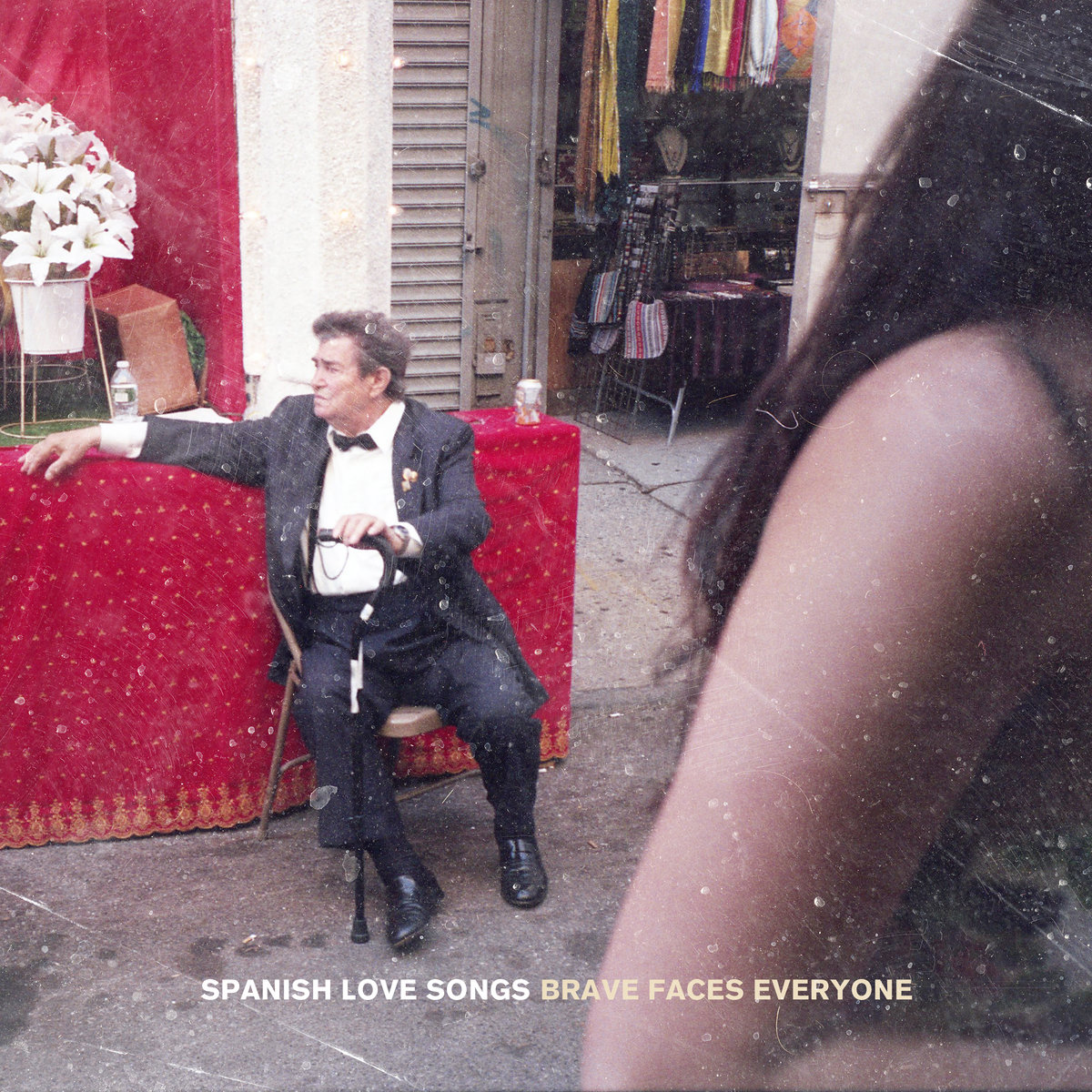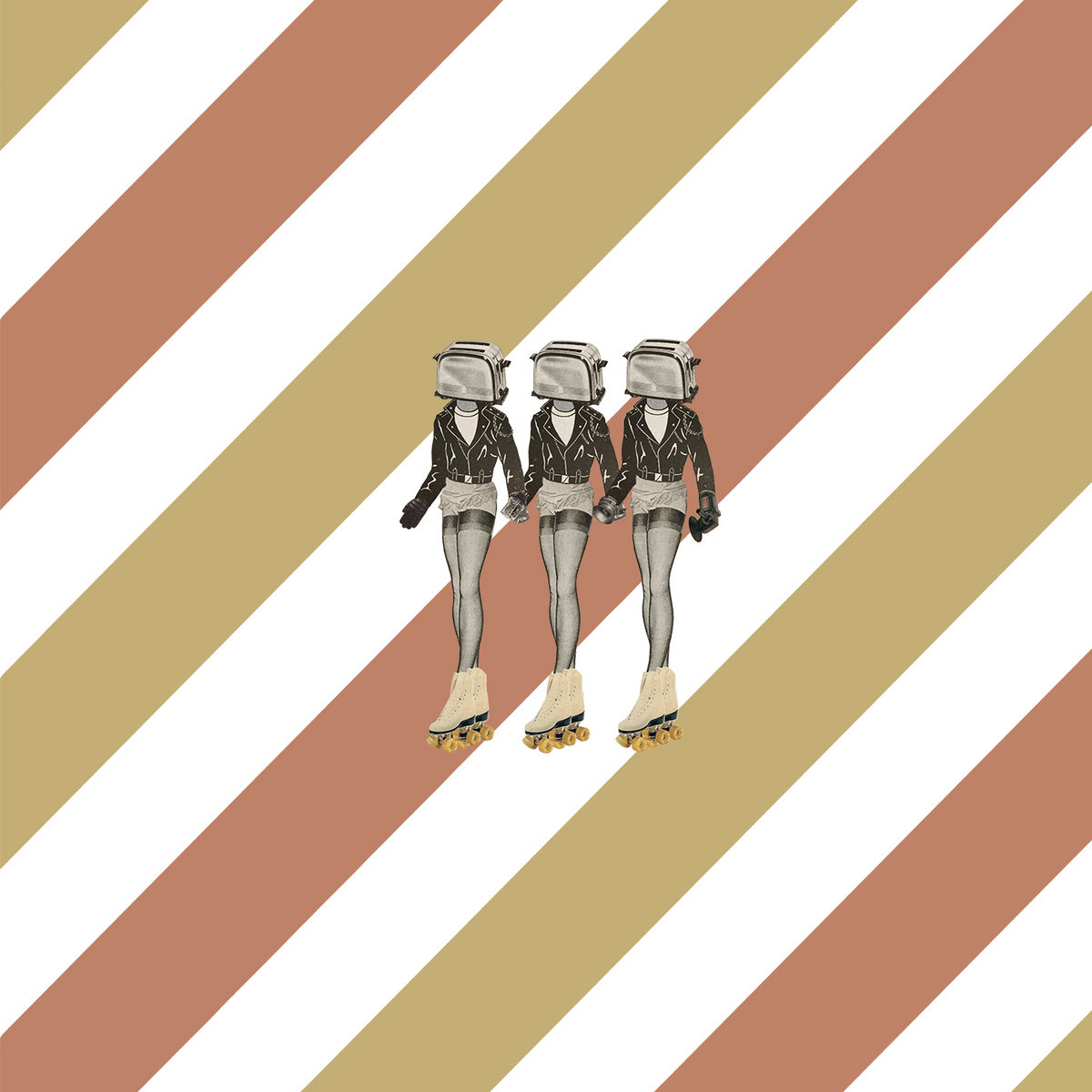
Post Animal "Forward Motion Godyssey (Polyvinyl)"
Look. I like all kinds of music. I really do. If I didn’t I wouldn’t be in this business. However, my favorite records are the ones that tend to make me think “OOH! THIS SOUND PROG-Y.” Well, Post Animal, I really liked your prior albums by hot damn if I don’t LOVE Forward Motion Goddesey (Polyvinyl). Wanna know why? I bet you can guess! That’s right! They went prog! Killer riffs in odd-time signatures, mysterious lyrical slants, songs oscillating between quiet and slow, and then turning into loud heavy songs. Songs with strings! Technical prowess! It’s like Nonagon-era King Gizzard meets Kansas meets War On Drugs meets Tool meets my ears in a VERY pleasing way. Like all good albums, you really should just listen to the whole thing but if you wanna get hyped then check out the first track “Your Life Away” and if you aren’t boppin’ that head about by the end then you should probably get checked out because this is living baby!

Spanish Love Songs "Brave Faces Everyone (Pure Noise)"

Nada Surf "Never Not Together (Barsuk)"
You know, we’d like to think that the name of the newest Nada Surf album Never Not Together (Barsuk) is in reference to us. After all, BRM historians know that they were the first band we ever got a license for! So in reality, we’ve never not been together with Nada Surf, and we wouldn’t have it any other way! The hooks! The guitars! The rock! The pop! There is very little we can say about Nada Surf that we haven’t said a million times before–so start with album opener “So Much Love” for the happiest love song of the year.

Say Hi "Diamonds & Donuts"
(trying my hardest to resist the urge to write “Say hi to the new Say Hi album). So, uh… please… (don’t do it) uh… welcome the new… I’m sorry Eric! I can’t do it! Please, everyone, say hi to the new Say Hi album! (whew. I feel so much better now). Diamonds & Donuts is as much fun as one can have listening to an indie-pop, quirky danceable rock album. Eric Elbogen’s Say Hi project is as close to a genre unto itself as any artist recording music today. Fun. Electro. Generally concept-y in album release. Fun visuals. Really, it is it’s own thing. As is evidenced by the A-1 fun song of the year, the earworm “Lookachu.”